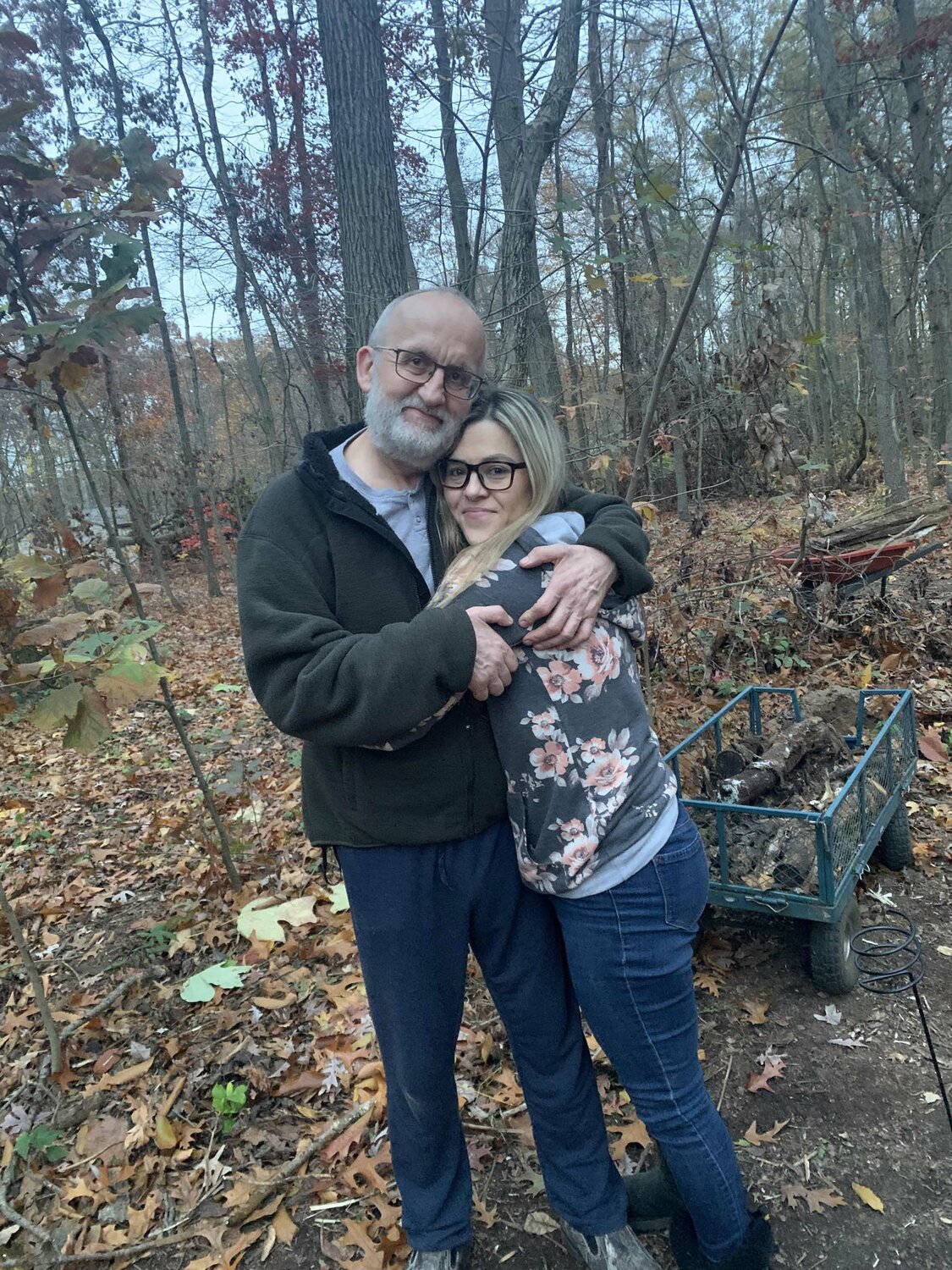Fritz: The dying should have an option my father was denied
Olivia Fritz is a resident of Smyrna.
When my father first told me he wished he had the option of medical aid in dying in our home state of Delaware, I said, “No way. Absolutely not.” I wanted him alive for as long as possible, as the pillar of reassurance, strength and calm he had always been in my life.
In 2021, Dad was experiencing tingling, cramping and numbness in his hands. After his primary care doctor told him it was a neck issue, he sought out a neurologist. Dad had to go to the appointment alone in the midst of the pandemic, driving 40 minutes back home alone after receiving his terminal diagnosis. I remember my mother calling me; I heard it in her voice before she said it: “It’s ALS.”
His disease progressed rapidly, and we were unsure of how much time he had left. His body started to shake, followed by atrophy of his hands and the eventual weakening of his legs. Though he was able to eat and drink, he had a few scary episodes when he choked on food or his own saliva.
In light of his worsening condition, he made it clear to us all that he did not want a slow and painful death, typical of the progression of amyotrophic lateral sclerosis. He did not want to die; he hadn’t even retired yet. It’s untimely, he said, and it sucks, but “this is what’s happening, and I have to deal with it.”
Having those conversations with my dad was one of the hardest things I’ve ever had to do. He hoped that the more we talked about his death, the more comfortable our family would get with it. I think the end of life could be beautiful — if we could hold hands with our dying loved ones, say goodbye and be with them until the end.
Unfortunately, my father passed away in August 2022. Not only did he die without the option of the medical aid in dying that he wished for, but he was alone. To this day, two years after he passed, we are left with no closure, constantly wondering if his final moments were filled with pain and if he choked to death — his biggest fear. We ask ourselves why anyone would be denied the option to die peacefully, as they courageously face the excruciating last moments of a terminal illness.
The Ron Silverio/Heather Block End of Life Options Law (House Bill 140) would grant dying Delawareans like my dad the autonomy of death on their own terms, instead of making them wait for the end to come while they suffer needlessly. This medical aid-in-dying legislation would allow mentally capable adults who have a terminal illness and a prognosis of six months or less to request prescription medication they can self-ingest to gently die.
In June, HB 140 was passed by the Delaware legislature for the first time and is currently in the hands of Gov. John Carney. If you agree with the 72% of Delaware voters who support medical aid-in-dying legislation, you can encourage him to either sign HB 140 or allow this urgent and compassionate bill to become law without his signature (as allowed by the state constitution) here. Our terminally ill friends, family and fellow residents who want this end-of-life care option do not have any more time to wait for a peaceful exit.
Reader reactions, pro or con, are welcomed at civiltalk@iniusa.org.







